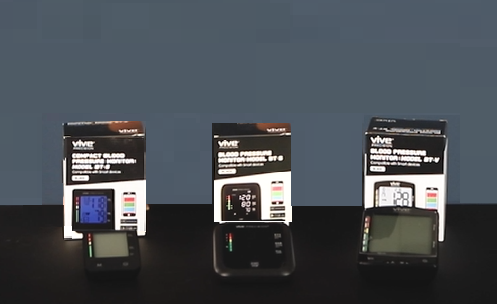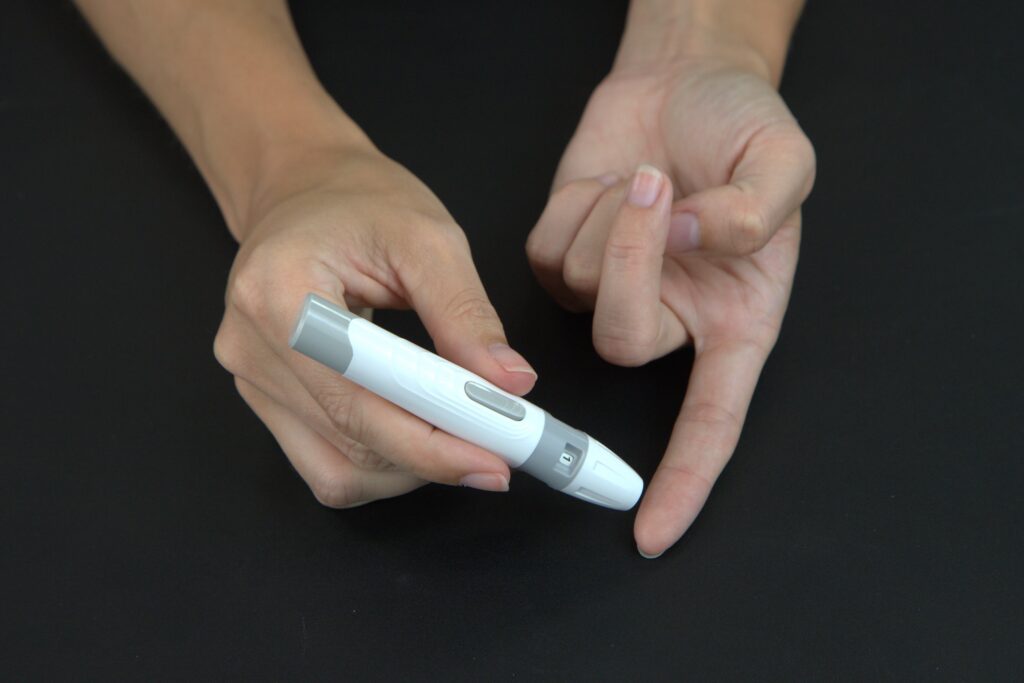April is Stress Awareness Month, an ideal time to pay attention to the stress in your life and find ways to improve stress management. Stress is a natural part of life and can arise from various factors, including work, relationships, financial concerns, and health issues. While some stress can be beneficial and motivating, excessive stress can negatively impact health problems such as high blood pressure, heart disease, anxiety, depression, and sleep disorders. It can also weaken the immune system, making it harder for the body to fight infections and illnesses. Therefore, learning about manage stress and prevent it from taking over our lives is essential.

Various stress management techniques can help manage stress, and finding what works best for you is important. Some common methods include exercise, relaxation techniques such as meditation and deep breathing, spending time with loved ones, and practicing self-care, such as getting enough sleep and eating a healthy diet. Finding healthy ways to cope with stressful situations, such as talking to a friend or counselor or taking a break from the situation, is also important.
Online resources, including websites and forums, are valuable for managing stress as they offer information, support, and connection to others dealing with similar challenges. They also provide access to stress management tools such as guided meditations, mindfulness exercises, and stress-tracking tools.
Apart from traditional stress management techniques, digital health tools like smartphone apps, wearable devices, and online resources can also be beneficial for managing stress levels. These tools can help in tracking stress levels, monitoring physical symptoms, and giving personalized recommendations for stress management.
One popular digital health tool for stress management is a stress-tracking app. These apps allow users to log their stress levels and symptoms and provide insights and recommendations. Some apps also include features such as meditations, breathing exercises, and practices to help users relax and manage their stress levels.
Remote patient monitoring can help with stress management by providing patients with a convenient and accessible way to track their health and well-being. With remote monitoring, patients can monitor their physical activity, sleep patterns, and other essential health metrics, giving them a better understanding of how their stress levels are affecting their health. This information can help identify patterns and triggers that may contribute to stress and help patients manage it more effectively.
Additionally, remote patient monitoring can connect patients with healthcare providers who can provide support and guidance. For example, a healthcare provider can recommend specific exercises or relaxation techniques to help reduce stress or provide advice in a more effective way on managing stressful situations. This personalized care and support can be beneficial for people struggling with stress, helping them find the peace and calm they need to live a healthier and more balanced life.
In conclusion, digital health tools, such as fitness trackers and smartwatches offer valuable resources for managing stress levels. These devices can track physical activity, heart rate, and sleep patterns, which are all stress indicators, while also can provide personalized recommendations, real-time feedback, and access to stress management techniques to help individuals manage their stress better. While digital health tools are not a substitute for professional care, they can be an effective supplement to traditional stress management techniques.
To help with stress management, the new Vive Now app will feature yoga, meditation, and other mindfulness exercises and videos. To learn more about the Vive Now app and how it can help manage stress for patients and employees, visit our website.









